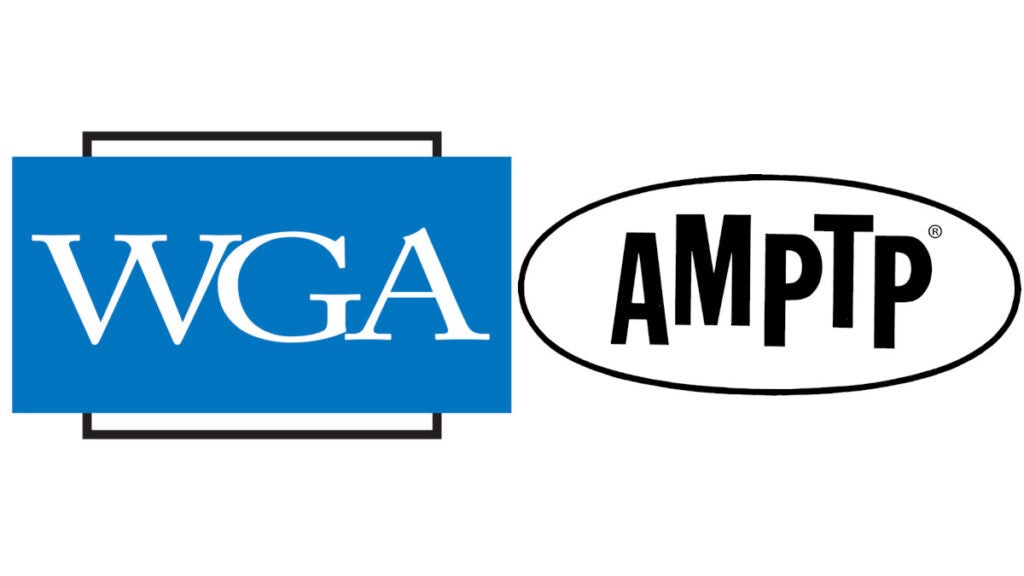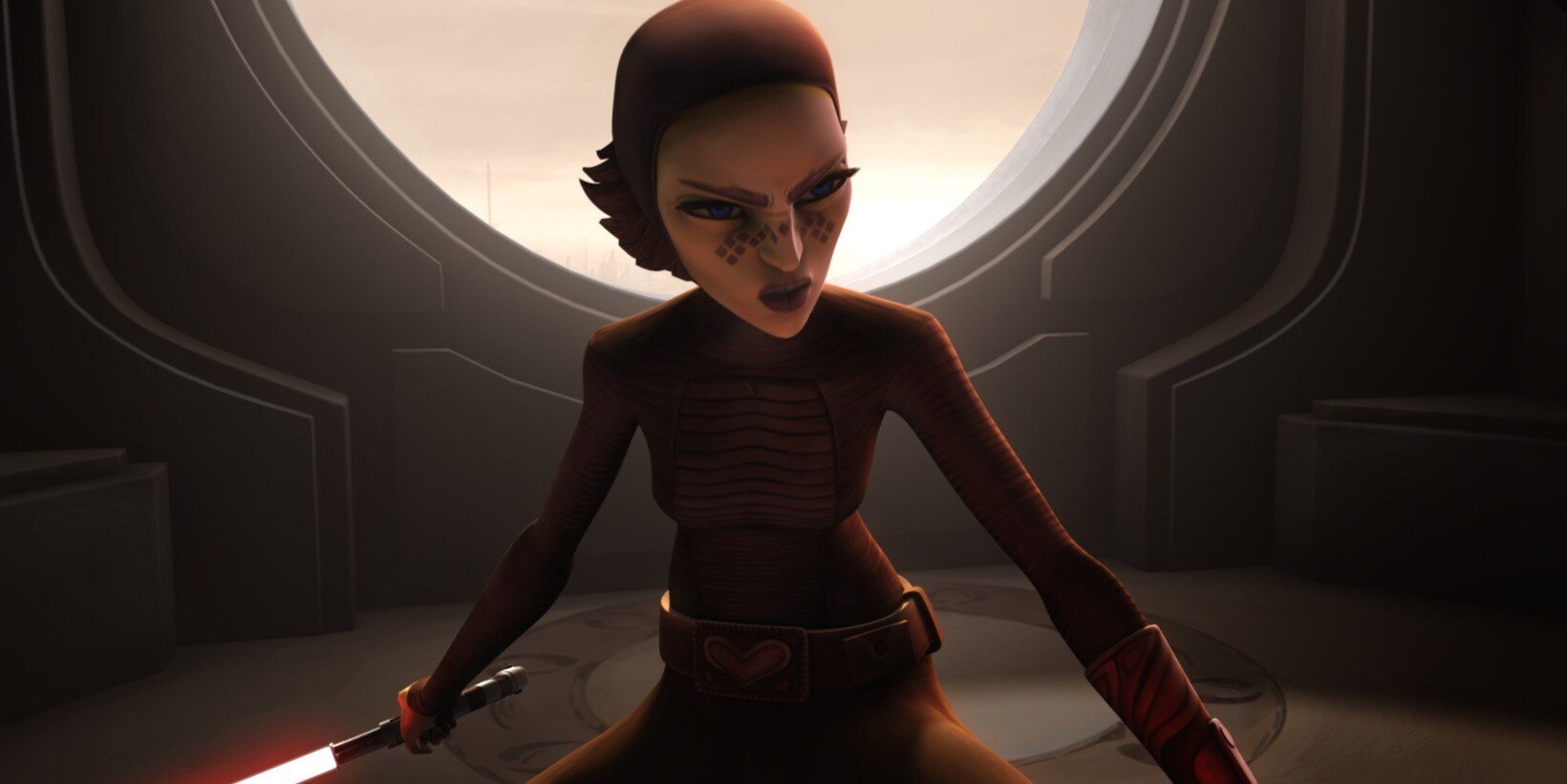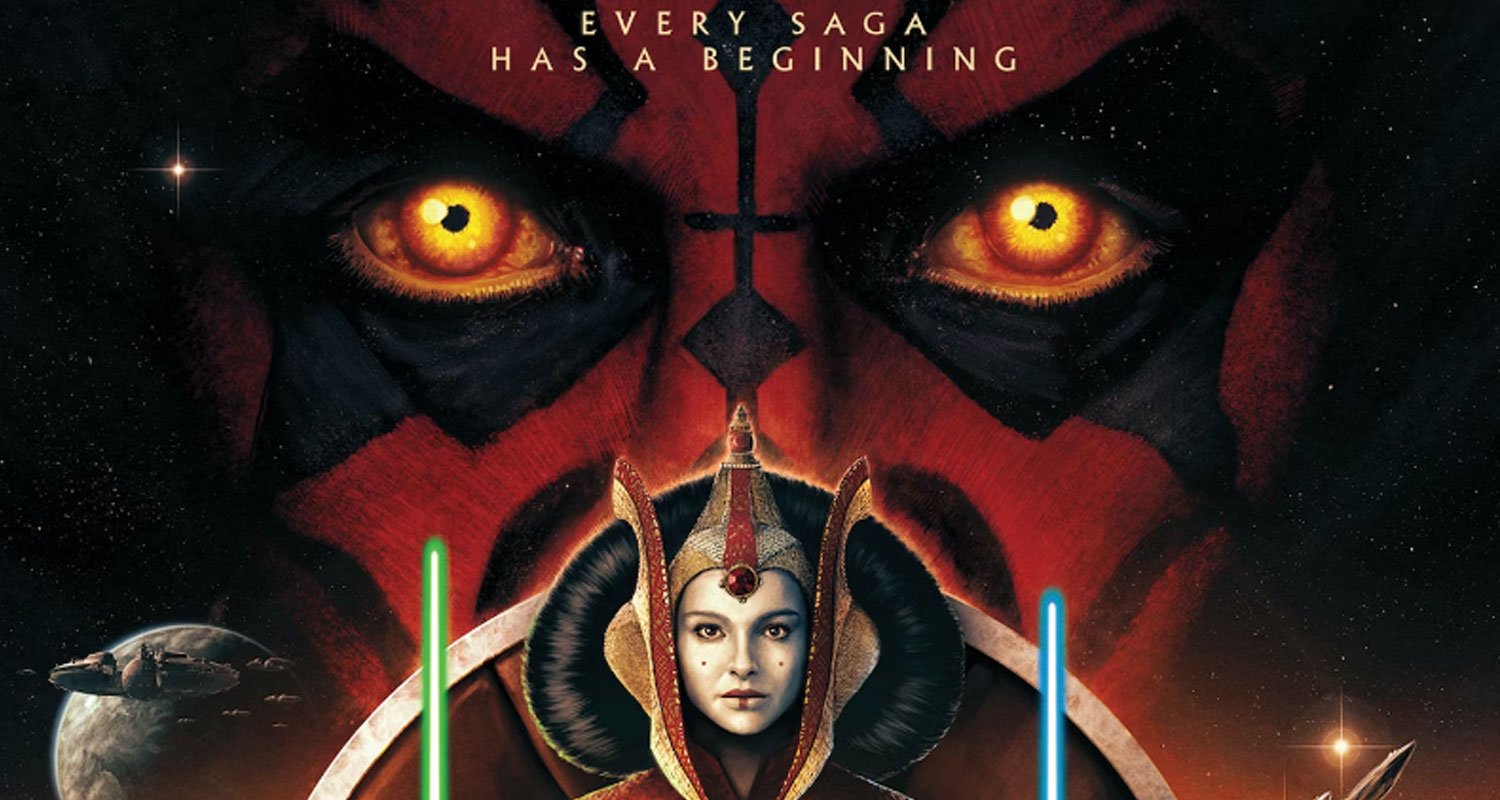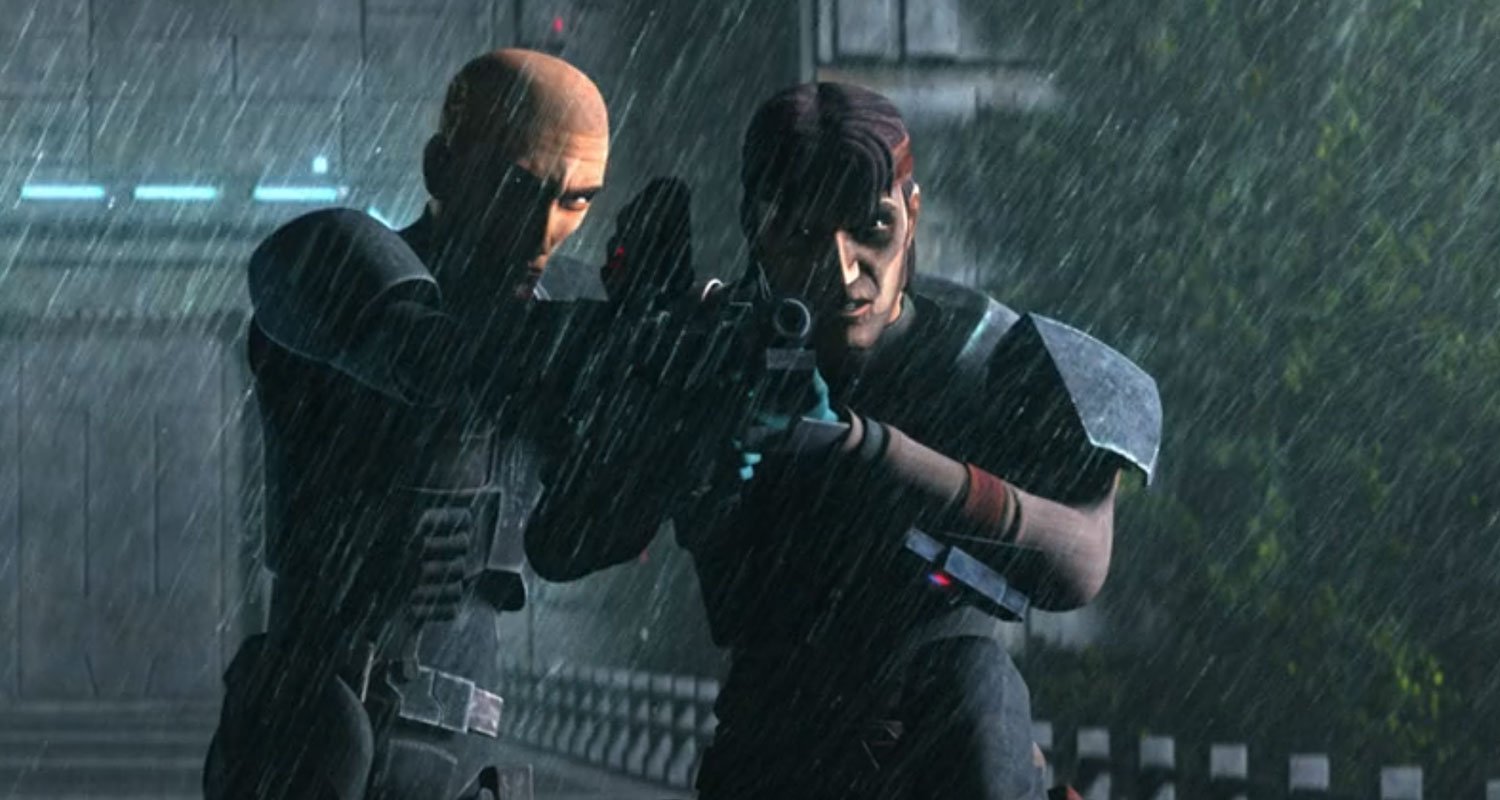WGA and Studios Reach a Deal to End Strike: Breaking Down the Last Days of Negotiations and What Happens Next
Hollywood writers have been on strike since May 2 this year, after their contract with the studios ran out and they couldn’t reach a deal for a three-year extension. The writers were asking to bring in certain conditions to adapt to the new business model that the industry is heading into. The AMPTP, the umbrella organization under which studios can collectively bargain with the different Hollywood guilds, said “No”, and five months went on. Now, the WGA (Writers Guild of America) has finally settled.
The road here was a bumpy one. As it’s been well documented by now, the studios made a substantial offer to the WGA on August 11, three months into the WGA strike and almost one month after the actors announced they weren’t having any of it either. The move was considered with optimism, as it was a much better offer than the nothingness the studios had offered the WGA back in late April, but the guild’s negotiating committee still found some loopholes that they weren’t going for.
This happened at a time where low-income guild members were already suffering from the effects of the work stoppage. With no new paychecks in the mail, top-tier showrunners opened big funds to offer them some aid; from Ryan Murphy to Greg Berlanti, the big bosses knew they had the ability to help their workers. But pressures started to add up, and some instances of fights within the guild came out publicly, while so many others probably stayed private. The WGA tried to combat this by also pointing the finger to the other side of the table, saying they were being told by studios in private that they actually wanted to cut a deal. In mid-September, the guild and the studios agreed to restart negotiations on Wednesday, September 20.
That was the start of five excruciating days of negotiations, where both sides (but especially the AMPTP) tried to manipulate the narrative to put more pressure on the other side. Late Wednesday, CNBC said a deal was essentially done and that if it wasn’t accepted by the WGA, the strike would continue until the end of the year (this was posted on social media by David Faber, the reporter who did the sitdown with Bob Iger earlier this summer where the Disney exec signed his demise in the eyes of social media). But that was very much not the case. Both parties resumed negotiations on Thursday, and then Friday — both of those sessions lasted over 10 hours, and they involved a lot of waiting around as both sides tried to counter the latest offer. The CEOs of the four big Hollywood companies were present, in person, from Wednesday through Friday.
But a deal wasn’t reached, despite the fact that each day they’d moved in the right direction. There were just some minor details that needed more discussion (more on this later). Matt Belloni wrote in his Puck newsletter “What I’m Hearing” that apparently the studios thought they had a deal by 5pm PT Thursday, but then the WGA came back to them, which propelled more negotiating.
The Ankler posted on Friday night, then backed up by TheWrap, that a text message had been sent to a group chat of 500 people, populated by showrunners which has been used during the stoppage to communicate amongst themselves. The text was allegedly sent to several writers by their agents, and blamed WGA West’s former chief negotiator David Young for being the puppetmaster behind the writers’ negotiating committee. It said that Young told Ellen Stutzman and her team to go back and squeeze the studios on two points after everyone thought they had a deal. The authenticity of the text has been verified by now, but the source remains unknown. Read it below:
“Latest updates I heard they are truly on the one yard line. Won’t get done tonight but will by Sunday evening, or earlier. Down to two points.
Turns out the WGA negotiating committee calls [former WGA chief negotiator] David [Young] and runs everything by him…last night at 5 they agreed to a deal. It was David who told them to go back and ask for those other two points and ‘squeeze their nuts the same way we did the agents’. That’s what happened and that’s who’s been behind the scenes this entire time, hence why it’s taking so long.
“That’s what happened and that’s who’s been behind the scenes this entire time, hence why it’s taking so long. [The Hollywood Reporter’s] Kim Masters has the story and is going to break it soon”
So negotiations stretched into the weekend. On Saturday evening, reports came out that lawyers were now in the room, adding language to what both sides had agreed to. Hopes were up that a deal would be announced imminently, but instead, the parties issued a joint statement saying they would return to the table on Sunday; bombastic headlines of a “last and final offer” circulated online, as if there was such a thing in labor negotiations. The four big CEOs did not attend in person during the weekend; according to reports, some of them delegated their duties while others attended via Zoom. On Sunday, they announced they had a deal.
these people ruined my life https://t.co/e1OonxEFpj
— Carol Lombardini (@ItsMeCarolAMPTP) September 25, 2023
So, what are the details of the deal to end the WGA Strike?
This is the big question now, and it will remain unanswered for at least another day. The studios set their internal (and arbitrary) deadline for the Jewish holiday of Yom Kippur, which went from sundown Sunday to sundown Monday. If a deal wasn’t signed, they would move to the actors (the “best and final offer” — cue eyeroll). But it didn’t come to that.
According to reports, the two sticking points over the last few hours of the negotiations were AI regulations and the minimum TV staffing — as usual, financial demands can be easily ironed out, but it’s the philosophical debates that take the longest. On the one hand, writers do not want to be replaced by bots. They want guarantees that their income will not be affected by the use of artificial intelligence to create new content by the studios — the August 11 offer by the studios already included some of that, but the WGA didn’t think it was enough, and the strike went on for another month and a half. The studios, in the meantime, want to experiment with the new technology; the fact that they don’t quite understand its potential and limitations yet, they argue, is a reason to play around with it. According to Belloni’s Sunday newsletter edition, they met in the middle, though the details are scarce. The negotiations stretched into Sunday as there was a lot of discussion about the legal language (no surprise there).
The same goes for the minimum TV staffing. Writers wanted guarantees that the networks and streamers would hire a minimum number of writers for a show, which would vary depending on the number of episodes. That was a non-starter for the studios back in April, and an issue most thought would be the first to be dropped. And though the WGA didn’t get the number they were looking for, Belloni says they did get a number, which should be considered a significant win for a bullet point nobody thought would see the light of day. More details on this to come, but this could have a great effect on the industry: The Last of Us season 2 is probably too late for this, given it was already signed under a previous contract (we assume), but how happy will Craig Mazin be that for season 3 he’ll have to hire four additional hands? (For now, the creator seems very happy and celebrating the fact that he can now go back to work.)
The other big point of contention over the summer was the issue of data transparency and streaming residuals. According to reports, the studios apparently came up with a success-based model that they presented to the writers that would guarantee some sort of payback for shows that break a certain threshold of success. For that, it seems like they will have to either show the data or use a third-party service like the actors tried to do with Parrot Analytics. It’ll probably be the former, though we assume we as the public will not get to see that data. Hopefully, the wall will break as time goes on, but bear in mind that studios certainly do not want investors on Wall Street to take a peek at how much money they are losing on content nobody is watching.
Another less-debated issue has been that of a pay increase. I’m willing to bet that this was the first to be resolved. The WGA was asking for a 6% increase, the studios were offering 5%. The small window doesn’t offer a lot of room to engage and it doesn’t even keep up with inflation.
well we laughed, we cried, we fucked around, we found out, we murdered some trees and we wished a little light homelessness on certain people, but overall i think we can all agree i personally did a great job! now if you’ll excuse us we need to go atone!!!!!! https://t.co/aIcLv9cutr
— Carol Lombardini (@ItsMeCarolAMPTP) September 25, 2023
What happens now?
This is the billion-dollar question. The WGA negotiating committee, led by Ellen Stutzman, is happy with the results; from their statement: “We can say, with great pride, that this deal is exceptional—with meaningful gains and protections for writers in every sector of the membership.” But this is not the end of it.
On Tuesday at the earliest, the deal will be presented to the 12,000 members of the guild, who will vote on it. A near-unanimous “Yes” is expected, but this is a situation where it’s not official until it’s official. Once that’s done, both sides will have to ink it, and then, the writers will be allowed back into their Final Draft apps. For now, though, picketing has stopped.
Once the formalities are over, the pipeline should be restarted by the beginning of October. Taylor Sheridan can now finalize his Yellowstone 5B scripts, but he won’t be able to shoot them for now, because the other half of the strike is still happening. Studios, eager to get everyone back to work making money for them and carried by the momentum of the WGA deal, are expected to negotiate with the actors to end the SAG-AFTRA strike as soon as this week. While no official announcements have been made yet, I wouldn’t be surprised if on Wednesday and Thursday, once the WGA strike is in the rear-view mirror, Fran Drescher and Duncan Crabtree-Ireland announced that they will be starting negotiations with the studios next week.
Hollywood has been on pause for over two months, and most productions stopped filming after the WGA went on strike. But Disney needs Brie Larson and Iman Vellani to record TikTok videos and get teenagers to buy tickets for The Marvels, while Warner Bros. needs Timothée Chalamet to keep getting his picture taken making out with a Kardashian so he can later promote Wonka and Dune: Part Two. But that’s a story for another time.
For now, let’s just celebrate we have a tentative deal and that the five-months long WGA strike is pretty much over. Here’s hoping no there’s no plot twist this time around.
Miguel Fernández is a Spanish student that has movies as his second passion in life. His favorite movie of all time is The Lord of the Rings, but he is also a huge Star Wars fan. However, fantasy movies are not his only cup of tea, as authors like Scorsese, Fincher, Kubrick or Hitchcock have been an obsession for him since he started to understand the language of filmmaking. He is that guy who will watch a black and white movie, just because it is in black and white.







